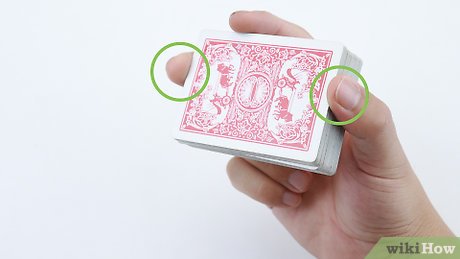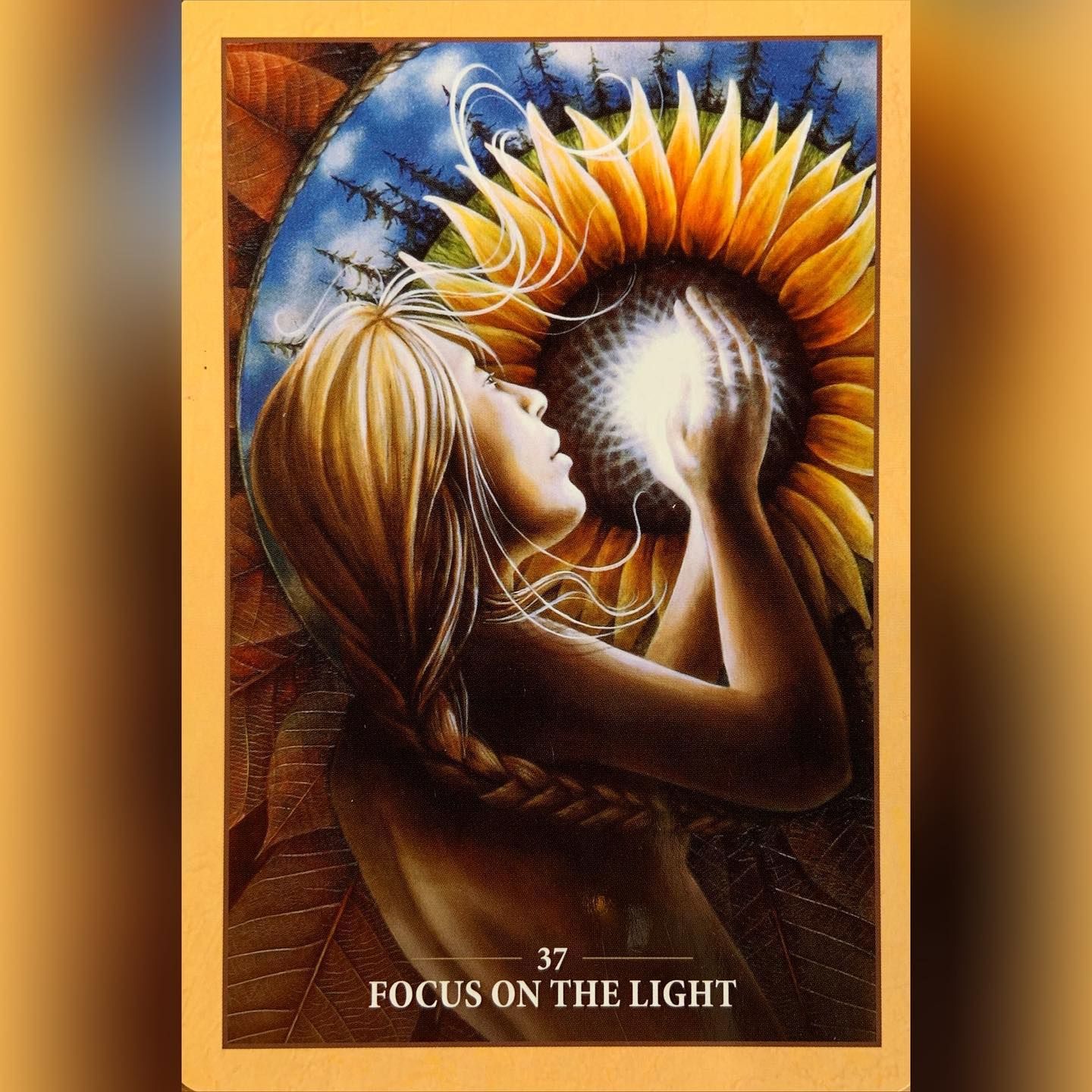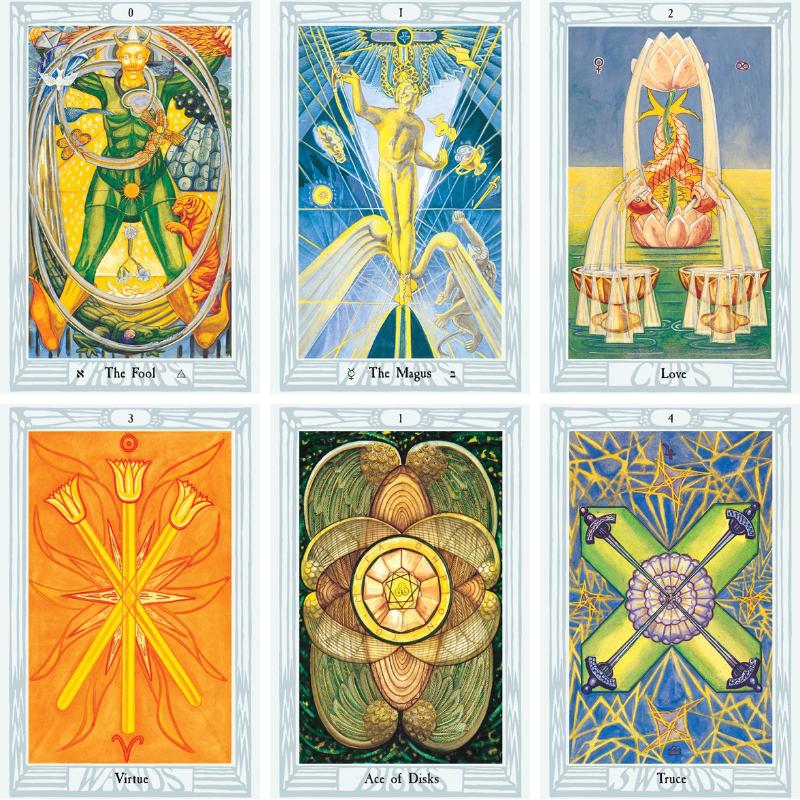
A cold read is a form public speaking that requires you to read aloud a text or script. This technique is very popular in performing arts, particularly in theater. It's a great way for improving your speaking skills and impressing an audience. It's also known as "theatrical reading". In addition to being an effective tool for public speaking, cold reading is also an excellent way to develop confidence.
Techniques
There are many techniques for cold reading. Some of these include watching the body language and details in the conversation. Try to learn about the subject's life and concerns during the reading. It is possible to observe the subject's reaction to your statements. Then, refine your statements according the results.
A combination of different techniques can be used to create a win-win environment. You can also make contradictory statements about the behavior of the subject. Some mentalists create such situations by creating statements that seem to be at odds with one another. An example of this is to present the subject with a hidden statement about an emotion. This technique is effective because the subject is likely to have experienced both sides of the emotion.
Audience selection
Target potential customers by their interests. You can also target your ad to those who are most likely to purchase your product. Using demographic targeting will help you get the most out of your ad campaigns.

You must be able and able to communicate with the audience in order to cold read well. Many applicants focus too much on the script when auditioning. They lose sight of their audience. Instead of doing this, hold the script in one hand while making eye contact and reading with your audience. You should not take too much time to turn the page. You might also fold the corner to make it easier for you to turn the page.
Body language
Cold reading is an art of interpreting people's nonverbal signals, and deciphering their intentions without speaking to them. This skill is especially useful when you're trying to gauge someone's level of confidence or nervousness. It allows you to adapt your behavior to different circumstances. Many people mistakenly believe that bodylanguage is equivalent to cold-reading.
In reality, cold readers make a lot of generalizations about the person they're reading. Most of this information is correct, but it can also be provocative or evocative. The key is to carefully watch the person's body language to narrow the scope and refine the statement based on their reaction. For example, a cold reader might make a funny statement about a deceased relative, but a more serious statement about the person's recent relationship with a former partner might be a more accurate statement.
False signals
When cold reading, there are two main methods to detect false signals. One is based on subjective validation, and the other is objective validation. Both methods require you to have some experience and training. A wide range of techniques is necessary for a good cold reader. A cold reader should be capable of identifying people in different mental states.
A successful cold reader will ask many questions to get as much detail as possible. Then, the reader will repeat or rephrase what he or she has just answered and use that information as a guide in the next question.

Preparation
You should be prepared for cold reading auditions as a performer. Although cold readings do not require script study, it is essential to research the subject matter and find out what will be asked of you. This will allow you to connect with the material, as well as become familiar with the storyline and characters. To practice, you can also read the material to others.
Actors should not get stiff while preparing for cold reading auditions. It is important to remember that actors communicate with their bodies just as much as they do with their words. Therefore, it is important to use gestures that convey the right emotion for the role.
FAQ
Why do we require hobbies?
Hobbies play an integral part in our lives. It allows us to unwind and recharge, think creatively, exercise, socialize, have fun, and allow us to enjoy life. You can also learn new skills and develop lifelong interests.
Hobbies give us meaning and purpose in life.
They are great for spending your free time when there's not much else.
They are fun!
If you don’t make time for a hobby then it’s probably not worth your time.
Take a look at the many options that are available to you. If you don't have a hobby yet, then maybe you should start one today!
What is observation hobby?
Observation hobbies are activities where you observe people doing what they do. This could be watching sports, reading books or going on holiday. You could also observe other people.
Because they teach you how to think creatively, observation hobbies are great. This knowledge can be used later to help you with projects that you are working on for others or yourself.
You'll discover that it's easier to learn if there's a passion for something.
You might watch or read about football to learn more. Visit or take photographs to learn more about the art of photography.
If you like to play music, you can either learn the songs online or get a guitar.
You could also choose to cook at home or go to restaurants if you are a good cook.
If you like gardening, you could grow vegetables or flowers.
If you like dancing, you could join a dance class or go out with friends.
If you love painting, you can paint pictures.
Write poetry and stories if that is what you love to do.
You could also draw pictures if you enjoy drawing.
If you have a passion for animals, you might be able to look after them or work in a zoo.
You could choose to study biology, maths, chemistry, or physics if you are interested in science.
If you like history, you could read books, watch films or listen to podcasts.
You can travel abroad or explore your home area if you love to travel.
What are some great hobbies?
Your favorite hobbies are ones you enjoy. You'll be more motivated to do what you love. If you don't feel well or tired, you will always have an excuse!
There are many hobbies that we all enjoy: gardening, painting and crafts; photography; cooking; sports and games; reading music and film-making; collecting; cycling, walking, dancing and writing; playing instruments and other musical instruments.
Volunteering could be a great option.
Suppose you're looking for something more adventurous. Why not take up scuba diving, rock climbing, sky diving, bungee jumping, white water rafting, sailing, surfing, canoeing, kayaking, horse riding, zip lining, hang gliding, paragliding, skydiving, snowboarding, skiing, mountain biking, hiking, camping, fishing, hunting, archery, shooting, clay pigeon shooting, target shooting, golf, tennis, swimming, snorkeling, windsurfing, waterskiing, kitesurfing, wakeboarding, standup paddle boarding, hang gliding, parasailing, hot air ballooning, paragliding and many more.
If you want to go further afield, there are plenty of unique ways to spend time in nature. These include caving, cliff diving, cave tubing, abseiling, sea kayaking, rafting, canoeing, climbing, trekking, bushwalking, mountaineering, backpacking, trail running, orienteering, off-road driving, quad biking, motorcycling, motorcycle riding, dirt bike riding, jet boating, hang gliding, hang gliding, parachuting, hang gliding, heli-skiing, ice skating, snowmobiling, snowshoeing, snowshoeing, cross country skiing, downhill skiing, telemark skiing, ski touring, sled dog racing, snowboarding, snowkiting, snowmobiling, spelunking, snowshoe hiking, snowshoeing and many more.
Statistics
- Much of this decline reflects the fact that teens are less likely to work today than in the past; among employed teens, the amount of time spent working is not much different now than it was around 2005. (pewresearch.org)
- I am 100% biologically a woman (discover.hubpages.com)
- Studies show that just six minutes of reading can reduce stress levels by 60 percent. (oberlo.com)
- 37% Video Games 36% Travel 36% Health and Fitness (quizexpo.com)
- A new survey by Pew Research Center of teens ages 13 to 17 finds that 36% of girls feel tense or nervous about their day every day; 23% of boys say the same. (pewresearch.org)
External Links
How To
How to choose the right hobby
Ask yourself some questions to find out if your hobby is right.
-
Do I enjoy doing it?
-
Is it a pleasure?
-
Is this something I'd like to do even as I age?
-
What are my strengths?
-
Are there ways to improve?
-
Would you recommend it to others?
-
It can bring me happiness.
-
Do you think it will allow me to relax?
-
Do I feel better?
-
Will it teach me skills that I can use later in life?
-
Can it help me make new friends?
-
Can it let me express my creativity?
-
Are there any opportunities for me to learn?
-
It will give me confidence.
-
Is it going to give me a sense of accomplishment?
-
It could lead to financial success.
-
Is it possible to travel with it?
-
Will it allow me to explore new places?
-
Is it going to encourage me?
-
Do you think it will motivate me to do better?
-
It will motivate me to succeed.
-
Do I have to take part in activities that I don't normally think of?
-
Is it going to challenge me?
-
Will it be exciting?
-
It will keep me fit.
-
Can it help you save money?
-
Can it lower stress levels
-
Will it prevent boredom?
-
It will free me up to do other things.